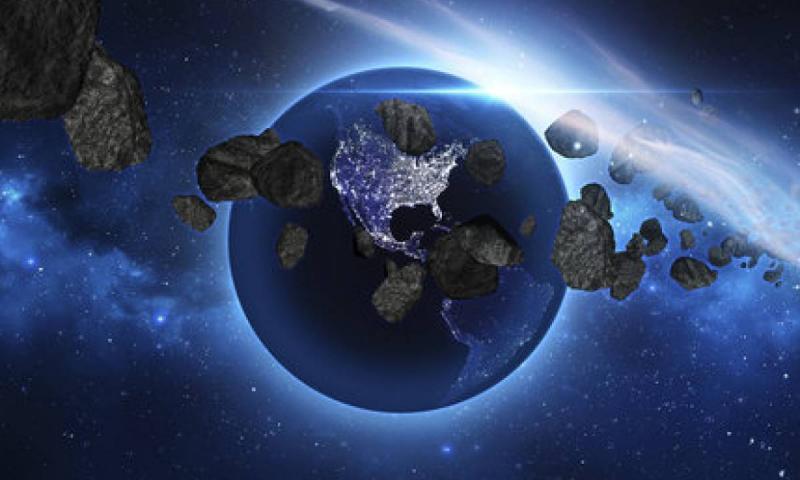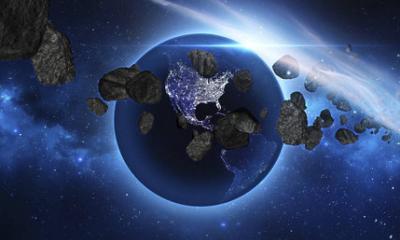Currently, life thrives on our oxygen-rich planet, but Earth has not always been this way. Scientists predict that in the future, the atmosphere will become rich in methane. This may not occur for another billion years or so. However, when the change comes, it will happen very quickly, according to a concerning study. This transformation will return the planet to a state resembling that which existed before the so-called Great Oxidation Event (GOE) around 2.4 billion years ago. Furthermore, the researchers behind the study indicate that atmospheric oxygen is unlikely to be a permanent feature of habitable worlds in general, which has implications for our efforts to search for signs of life in distant places in the universe.
A sharp decline in atmospheric oxygen levels may be triggered, reminiscent of the ancient Earth, before the onset of humid greenhouse conditions in the Earth's climate system and before the significant loss of surface water from the planet. At that point, it would be the end of the line for humans and most other forms of life that rely on oxygen to survive. To reach their conclusions, the researchers conducted detailed models of Earth's biosphere, taking into account changes in solar brightness and the corresponding decrease in carbon dioxide levels, as the gas is broken down by increasing heat levels.
A decrease in carbon dioxide means fewer organisms that perform photosynthesis, such as plants, which could lead to a drop in oxygen levels. Scientists have previously predicted that increased radiation from the sun could erase the oceans from Earth's surface within about 2 billion years. Earth scientist Chris Reinhard from the Georgia Institute of Technology stated, "The decrease in oxygen is extremely sharp. We are talking about a million times less oxygen than what exists today."
According to calculations made by Reinhard and ecologist Kazumi Ozaki from Toho University in Japan, the oxygen-rich history of Earth capable of supporting life may ultimately last only 20 to 30% of the planet's total lifespan—the microbial life will continue long after our departure.




